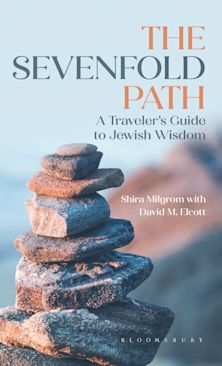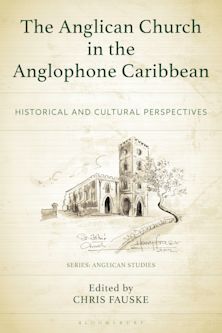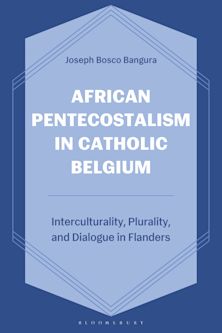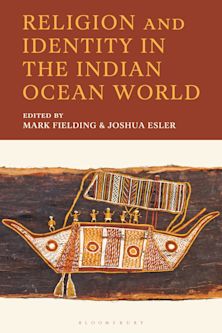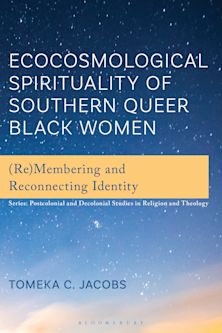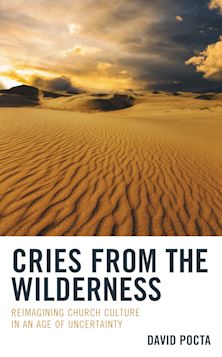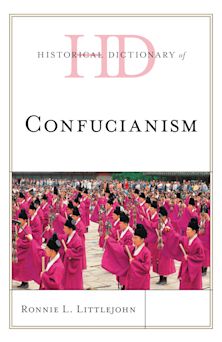Mysticism and Experience
Twenty-First-Century Approaches
Mysticism and Experience
Twenty-First-Century Approaches
This product is usually dispatched within 1 week
- Delivery and returns info
-
Free US delivery on orders $35 or over
Description
Mysticism and Experience: Twenty-First-Century Approaches embarks on an investigation of the concept of mysticism from the standpoint of academic fields, including philosophy, anthropology, religious studies, mysticism studies, literary studies, art criticism, cognitive poetics, cognitive science, psychology, medical research, and even mathematics. Scholars across disciplines observe that, although it has experienced both cyclical approval and disapproval, mysticism seems to be implicated as a key foundation of religion, alon with the highest forms of social, cultural, intellectual, and artistic creations. This book is divided into four sections: The Exposure, The Symbolic, The Cognitive, and The Scientific, covering all fundamental aspects of the phenomenon known as mysticism. Contributors, taking advantage of recent advances in disciplinary approaches to understanding mystical phenomena, address questions of whether progress can be made to systemically enrich, expand, and advance our understanding of mysticism.
Table of Contents
Introduction: Unutterable Experiences of Consciousness Alteration
PART I. THE EXPOSURE
1.Manifestations of Shamanic Spirituality: Mongolia 1999, 2002
Eva Jane Neumann Fridman
2. Theoneurology: Bridging Hebrew Bible Prophecy and Clinical Psychedelic Drug Research
Rick Strassman, MD
PART II. THE SYMBOLIC
3.Materializing the Symbolic in Paranormal Experience
Jess Hollenback
4.Words and Images of a Transcendent Inner Mysterion: Mysticism in Contemporary Western Literature and Art
Ori Z. Soltes
PART III. THE COGNITIVE
5.The Dao Flickering through Words: A Cognitive-Poetic Analysis of Dao-de Jing
Sivan Wagshal Te’eni and Reuven Tsur
6. Why Are Religious Experiences Ineffable? The Question of Mystical-Noetic Knowledge
Laura E. Weed
7.Toward a Cognitive Psychology of Mystical Experiences
Harry T. Hunt
PART IV. THE SCIENTIFIC
8. Explanatory Mechanisms of Altered States of Consciousness: A Brief Overview
Alex S. Kohav
9.Mathematical Modeling of Cognitive Mechanisms of Meaning and the Spiritually Sublime
Leonid I. Perlovsky
10. Transcendent Knowledge-Claims and the Scientific Study of Mystical Experiences
Richard H. Jones
About the Contributors
Index
Product details
| Published | Aug 31 2020 |
|---|---|
| Format | Hardback |
| Edition | 1st |
| Extent | 298 |
| ISBN | 9781498599375 |
| Imprint | Lexington Books |
| Illustrations | 1 charts; |
| Dimensions | 9 x 6 inches |
| Publisher | Bloomsbury Publishing |
Reviews

ONLINE RESOURCES
Bloomsbury Collections
This book is available on Bloomsbury Collections where your library has access.












